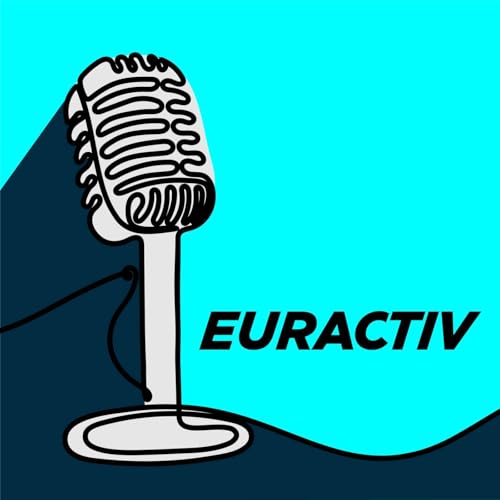The European Union is facing growing risks linked to health emergencies, geopolitical tensions, and climate-related disasters. In response, the European Commission launched the EU Stockpiling Strategy and the Medical Countermeasures Strategy in July, as part of its wider Preparedness Union Strategy. The initiative aims to secure essential goods such as food, water, oil, fuel, and medicines during crises.
This new approach brings together existing stockpiling efforts across different sectors, improves access to critical resources, and combines EU-level reserves with national contributions. While it covers a broad range of essential goods, health-related supplies such as personal protective equipment, medicines and vaccines are a key component. Public-private partnerships will help make the system more efficient, scalable, and cost-effective in responding to crises across all sectors, including public health.
Created after the COVID-19 pandemic, the Health Emergency Preparedness and Response Authority (HERA) plays a key role in improving the EU’s readiness for future health crises. Its work focuses on the procurement and stockpiling of medical countermeasures (MCMs), including Personal Protective Equipment (PPE), medicines and vaccines. Through tools like the Joint Procurement Agreement, which allows the EU and participating countries to buy medical countermeasures together, HERA helps ensure coordinated access to essential supplies across Member States.
However, challenges remain. These include limitations in national capacities, the need for robust EU-level coordination and funding (for example via HERA and the Multiannual Financial Framework), and the need to apply lessons learned from COVID-19. These lessons include improving supply chain resilience, ensuring stockpile rotation, quality and product compliance, and strengthening governance.
Listen to this Euractiv Virtual Conference to explore the EU Stockpiling Strategy and its role in strengthening Europe’s health resilience. Key questions to be discussed include:
- How does EU legislation and funding mechanisms support health emergency preparedness? What role does the MFF proposal play?
- How does local production relate to Europe's competitiveness? What can EU do to strengthen European manufacturing?
- How can the EU ensure all Member States have access to high-quality, effective PPE?
- How is the EU currently managing stockpiles and logistics, and is there a need for innovation?
- How effective is the Joint Procurement Agreement in ensuring access to medical supplies across the EU?
- What are the main challenges facing the EU in health emergency response, and how can they be addressed?
 1 h y 15 m
1 h y 15 m Feb 4 20261 h y 31 m
Feb 4 20261 h y 31 m 1 h y 11 m
1 h y 11 m Jan 26 202616 m
Jan 26 202616 m Dec 17 202517 m
Dec 17 202517 m 13 m
13 m Dec 17 20258 m
Dec 17 20258 m 1 h y 11 m
1 h y 11 m
